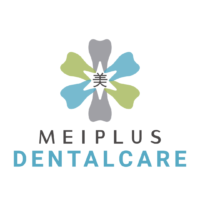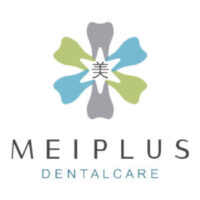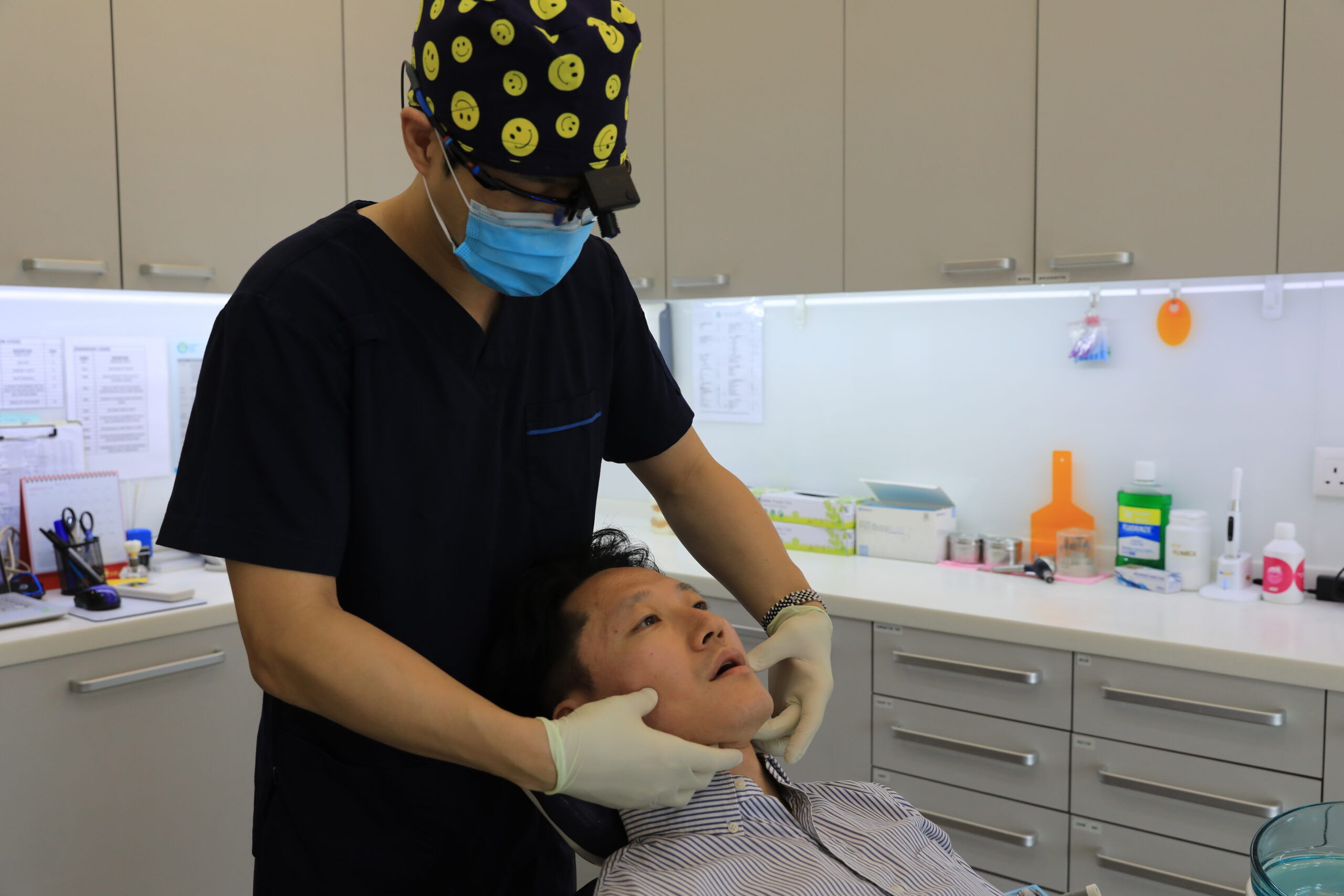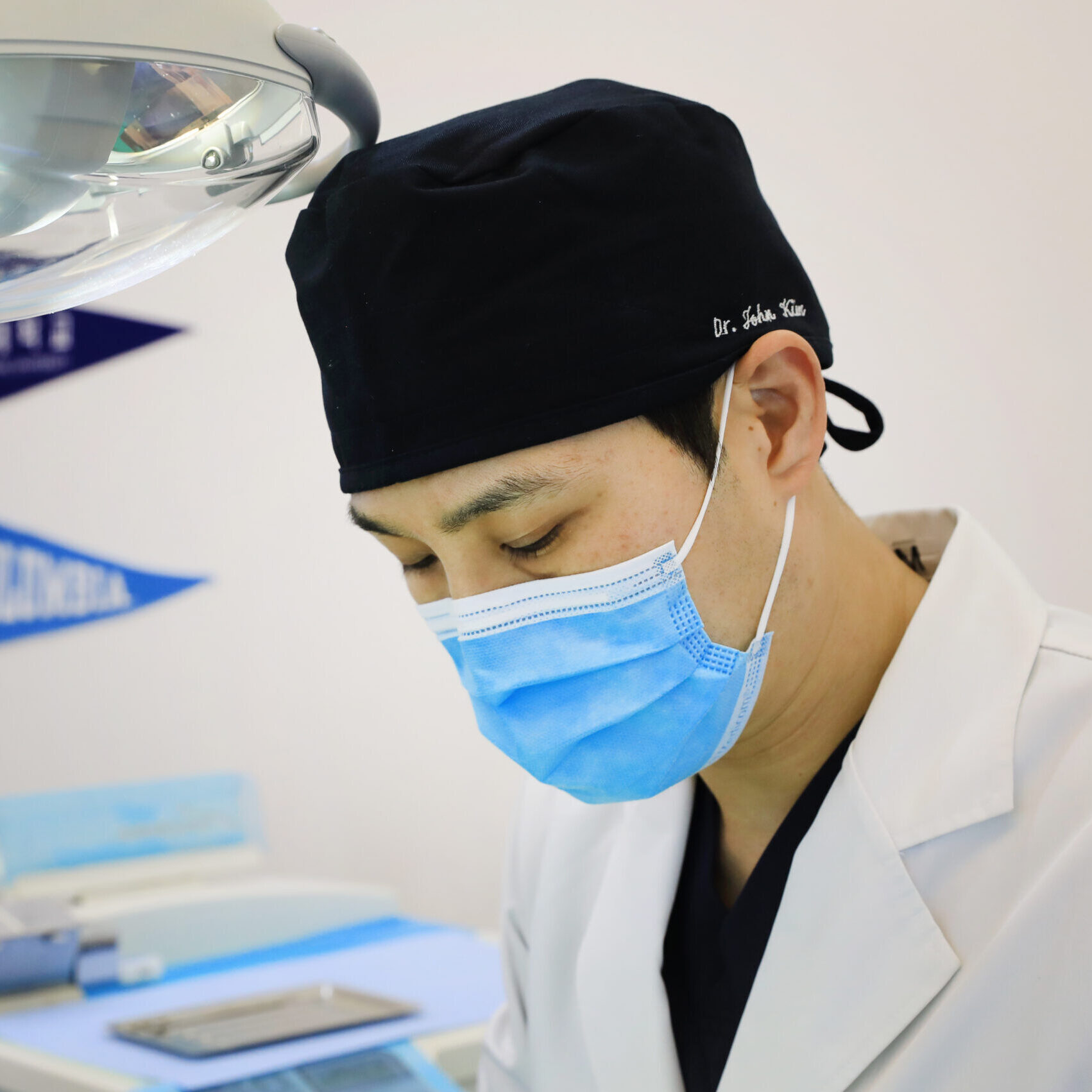TMJ Disorder Treatments
What is
TMJ Disorder?
Temporomandibular joint (TMJ) is joint that connects the jawbone to the skull. It is responsible for jaw movement, including talking, chewing, and yawning. When this joint is damaged or experiences dysfunction, it can lead to a TMJ disorder.
TMJ disorders cause a wide range of symptoms, which include:
- Pain or tenderness in the jaw
- Pain in face
- Neck pain
- Shoulder pain
- Difficulty opening and closing the mouth
Some people with TMJ disorders also experience ear ringing, headaches, and clicking or popping sounds when they move their jaw.

What are the causes of TMJ?
Several factors can contribute to the development of a TMJ disorder. Some of the most common causes include:
Inflammation and joint degeneration can lead to pain and stiffness.
Teeth grinding(bruxism) can put excessive pressure on the jaw joint.
A direct injury to the jaw or facial area can damage the TMJ and cause pain.
Tension in the face and jaw muscles can lead to pain and discomfort.
When the upper and lower teeth do not meet correctly, it can strain the jaw joint and lead to TMJ disorders.
How we treat TMJ disorders at Meiplus Dentalcare
Different therapy options available to you at Meiplus
If you are experiencing TMJ disorder symptoms, it is vital to seek help from healthcare professionals at Meiplus. Our dentist can conduct a physical examination, assess your medical history, and determine the cause of your symptoms. Depending on your situation, the doctors may recommend imaging tests like X-ray or CT scanning, to better assess the jaw joint.
Treatment for TMJ disorders may include lifestyle changes, such as reducing stress, avoiding hard or chewy foods, and avoiding clenching or grinding your teeth. In some cases, your doctor may prescribe pain medication or muscle relaxants to help relieve symptoms. In certain severe cases, surgery may be recommended to correct the joint and restore proper function.
If you are suffering from TMJ disorders, there is help available. Proper diagnosis and treatment make it possible to manage your symptoms and enjoy a healthy, pain-free jaw. So, don't wait any longer and seek the help of a Meiplus international today!
Post-op care

We are here to help you treat TMJ disorder permanently, visit us to get a right solutions at Meiplus Dentalcare
About Our Team
Meet Our Dentists from Korea, USA, UK, Aus and Singapore.

Dr. Kim Taeyun
DDS Columbia Univ. (NY, USA)

Dr. Winston How
BDS NUS

Dr. Bak Junbeom
BDS King's College London (UK)

Dr. Leem Jae Hoon
BDSc Melbourne Univ.
Tg Pagar
Operation hours
Mon / Wed / Fri 9am - 6pm Tue / Thu 9am - 8pm Sat 9am - 4pm Sun / PH Close
Locations
Blk1 Tanjong Pagar Plaza #02-24 SG082001
Enquiry
9787 1209 / meiplus@meiplus.com.sg

Marine Parade
Operation hours
Mon / Wed / Fri 9:30am - 6:30pm Tue / Thu 9:30am - 8:30pm Sat 9am - 4pm Sun / PH Close
Locations
141 East Coast Road SG428831
Enquiry
8837 5481 / meiplusmp@meiplus.com.sg






After undergoing treatment for a TMJ disorder, it's essential to properly care for yourself to promote healing and reduce the risk of complications. The specific post-operative care instructions vary depending on your treatment type. We understand and ensure that proper post-operative care can help you ensure a successful outcome and promote healing after a TMJ disorder treatment.